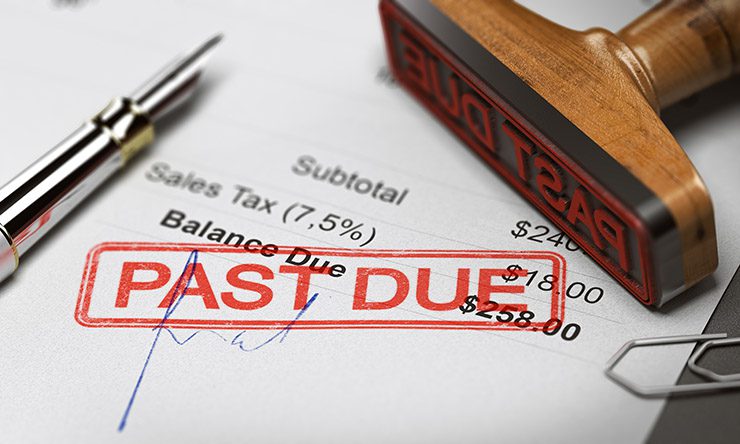How to Deduct Expenses Related to Your Home Office and Increase Your Tax Refund
Tax Refund: If you qualify, you may be able to deduct home office expenses that aren’t normally deductible. Your utility bills may be tax-deductible.
You may be able to deduct home office expenditures if you qualify for the deduction. You may deduct a part of property taxes and insurance costs that a typical homeowner can’t. Expenses like as insurance, maintenance, and repairs are included. Insurance, repairs, These expenditures include utilities, insurance, security, repairs, cleaning, garbage disposal, and decorating.
You don’t need to classify or distribute expenditures if you use the new Simplified Method. Choices are made for you.
Some fundamental rules apply when deciding whether or not a particular expense is tax-deductible.
Only applicable to remote workers
Direct home office expenses may be claimed if a certain expenditure is only relevant to the home office and the cost supports no other company. As an example of a direct expense, window coverings solely used in your home office to ensure client confidentiality are examples of this.
A full-blown residence
An “indirect” home office cost is one that has a direct impact on your family. Thus only a fraction of it may be deducted from your taxes. Rent or mortgage payments and the cost of heating and cooling are examples of indirect expenditures.
Aspects that have nothing to do with business
Tax deductions are not available if the cost is only expended in a part of the residence that is not used for business. The expense of remodelling the master bathroom to include a personal sauna is one example of a purchase that is not eligible for a tax deduction.
Several hundred dollars of the insurance policy’s cost are deducted from the deductible.
As part of a home office deduction, you may deduct a portion of your homeowner’s or renter’s insurance.
Corporate insurance policies and home office renters must be removed from this calculation. These expenditures are deducted as general company expenses but do not qualify for the home office deduction since they are directly tied to the home office location.
Utility and maintenance costs might be removed based on the business’s share of the costs
Generally, you may deduct the percentage of your energy expenses that relate to your company, including heat and electricity, as well as services that apply to your whole homes, such as trash collection, security, and housekeeping.
For the second phone line, a deduction might be applied
Telephone bills are not eligible for deduction under the home office category since they are considered direct business expenditures. Even if you don’t qualify for a home office deduction, you may still be able to deduct some of your cellular phone or home phone expenses.
Allocation is necessary if the expenditures are for the benefit of the whole household
Costs that benefit just the home office, the whole house, or parts of the house that don’t include the home office may all be deducted, depending on the nature of the expenditure.
A “direct” home office expense is made only for the benefit of your business. Replacing drywall and repainting a space that was once a bedroom but is now an office are examples of direct expenditures.
Expenses such as rent, interest, and taxes must be broken down
Renters and homeowners alike may deduct a part of their rent, taxes, or interest payments based on the percentage of their residence that is used for commercial purposes. It is important to evaluate how much time the office is used, whether you start using it at the beginning of the year or stop using it in the middle of the year.
For tax reasons, the depreciation of a home office
Tax Refund: If you own your house and qualify for the home office deduction, you cannot deduct the purchase price, principal mortgage payments, or market value. Depreciation deductions may help you recoup some of the money you lost when selling your home’s business component. Using the straightforward approach to calculate your home office deduction ignores depreciation.
Calculation of depreciation for residential properties depending on their tax basis
But before you can calculate the amount of your depreciation, you’ll need to know the tax base of your property.
Repairs may be deducted, but improvements are subject to depreciation
If you qualify, you may deduct home office repair costs. Any major modifications should be reflected in the property’s valuation. You may claim depreciation on your property, but only for your home office.
Discounting capital upgrades is essential
You must depreciate significant, long-term improvements when utilising your house as a business site. Depreciate the business component of a new roof or furnace over 40 years, starting from the installation date.
Regulations are in place for home office casualty losses
Tax Refund: The home office deduction may allow you to deduct some of your losses if your office is damaged or destroyed due to a burglary, a natural catastrophe (such as a storm), an accident, a riot, or vandalism. If your home office was damaged or destroyed and you are eligible for a tax deduction.
Loss deductions are affected by the amount of insurance reimbursement
You may only deduct the uninsured portion of the damage for a casualty claim, and you must file a property insurance claim promptly. Use that amount to assess your losses even if you don’t know how much insurance will pay. If you overestimated your loss, you might file an amended return, but any excess compensation should be reported in the year it’s received.
You Can Read Also:
17 Small Business Tax Planning Tips for 2022
Applying For A Director Identification Number





